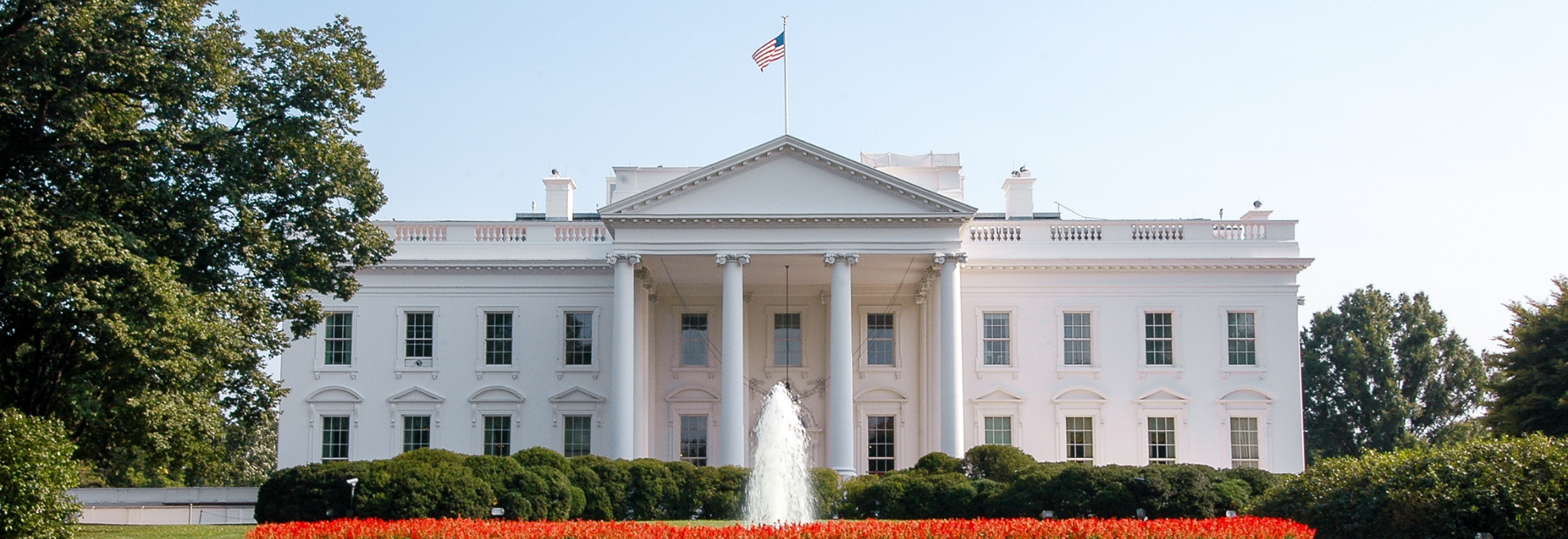On January 26, the higher education community, including CGS, sent a letter to the U.S. Department of Education in response to the Department’s request for comment on proposed revisions to the accreditation process and handbook. The letter provides high-level recommendations on the accreditation process as well as specific handbook provisions affecting institutions of higher education, including student achievement standards, onsite review procedures, processes for changing accreditors, and the role of states in accreditation.
On December 22, the higher education community, including CGS, sent a letter to the White House Office of Science and Technology Policy (OSTP) in response to a Request for Information (RIF) on the American Scientific Enterprise. The letter focuses on support for international students, graduate and professional students, need for certainty in federal funding, strengthening technology transfer policies, and support for the peer review process.
On October 31, the higher education health community, including CGS, sent a letter to the U.S. Department of Education urging the RISE Committee to adopt a clear, consistent, and inclusive definition of “professional degrees” under the One Big Beautiful Bill Act. The coalition recommended using CIP Code 51 and related codes to classify programs, emphasizing accreditation, curriculum, and professional standards rather than program length.
On October 31, the higher education community, including CGS, sent a letter to the Department of Veterans Affairs (VA) regarding its proposed rule on distance learning and independent study. The letter raises concerns about inconsistent and inaccurate definitions across federal agencies and recommends the VA withdraw the proposal and collaborate with Congress and higher education stakeholders to modernize definitions while preserving program safeguards.
On October 28, the higher education community, including CGS, sent a letter to the White House Office of Science and Technology Policy (OSTP) in response to a Request for Information (RIF) on AI regulations. The letter highlights the use of AI on university campuses and how AI may be used by federal agencies including the Department of Education.
On October 23, the higher education community, including CGS, sent a letter to the U.S. Department of Homeland Security regarding the Presidential Proclamation, “Restriction on Entry of Certain Nonimmigrant Workers” which would increase the fee for new H-1B visa applications to $100,000. The letter seeks clarification on provisions of the proclamation and requests that U.S. institutions of higher education be exempt from the proposed fee.
On October 16, the Council of Graduate Schools joined other higher education associations in a joint statement opposing the Compact for Academic Excellence in Higher Education.
On October 10, the Council of Graduate Schools sent a letter to the U.S. Department of Education expressing concern about the proposed Admissions and Consumer Transparency Supplement (ACTS) survey component, emphasizing that the collection’s design, scope, and operational feasibility may impose excessive administrative burdens on institutions without demonstrable benefit to graduate education outcomes.
On October 7, the higher education community, including CGS, sent a letter to the U.S. Department of Education opposing the Admissions and Consumer Transparency Supplement (ACTS) survey component. Among other things, the letter highlights the higher education community’s concerns about the proposed reporting requirements.
On September 29, the higher education community, including CGS, sent a letter to the U.S. Department of Homeland Security opposing the proposed rule that would limit the Duration of Status for F-1 international students and J-1 international scholars to a four-year period of time. The proposed rule would also create a new “Extension of Status” process, as well as new limitations on the ability of international students to transfer or change their educational objectives.
On September 29, the Coalition for Higher Education, including CGS, sent a letter and accompanying information packet to Secretary Linda McMahon regarding the Administration’s actions to eliminate funding for HEA- Title VI and Fulbright-Hays Programs. The letter requests that the Department reverse this elimination and replace it with Congress’s intended FY 2025 funding of $85,664,000.
On September 8, the higher education community, including CGS sent a letter to Secretary Marco Rubio regarding the Trump Administration’s June 4, 2025, Presidential Proclamation: Restricting the Entry of Foreign Nationals to Protect the United States from Foreign Terrorists and Other National Security and Public Safety Threats. The letter requests that the administration exempt nonimmigrant visas, including F, J, and M student visas from the ban.
On August 28, the higher education community, including CGS sent a letter to the U.S. Department of Education’s Office of Postsecondary Education. The letter addressed the implementation of the One Big Beautiful Bill (OBBB) Act and urged the Department to work with Congress to delay its effective date until at least July 1, 2027.
On June 2, the higher education community, including CGS sent a letter to Secretary Marco Rubio concerning the pause in student visa interviews and the State Department’s decision to revoke visas for Chinese students associated with the People’s Republic of China or engaged in the study of sensitive subject matter.
On March 14, the higher education community, including CGS sent a letter to the National Coordination Office in response to the Trump administration’s Request for Information (RFI), concerning the administration’s Artificial Intelligence Action Plan.
On February 3, the higher education community, including CGS sent a letter congratulating Secretary Marco Rubio on his confirmation and sharing how the Department of State (DOS) can support students and researchers.
On January 29, the higher education community, including CGS sent a letter to the U.S. Department of Education to delay the Financial Value Transparency (FVT) and Gainful Employment (GE) reporting deadline until July 2025 and that an opportunity be provided to correct the completers list.

